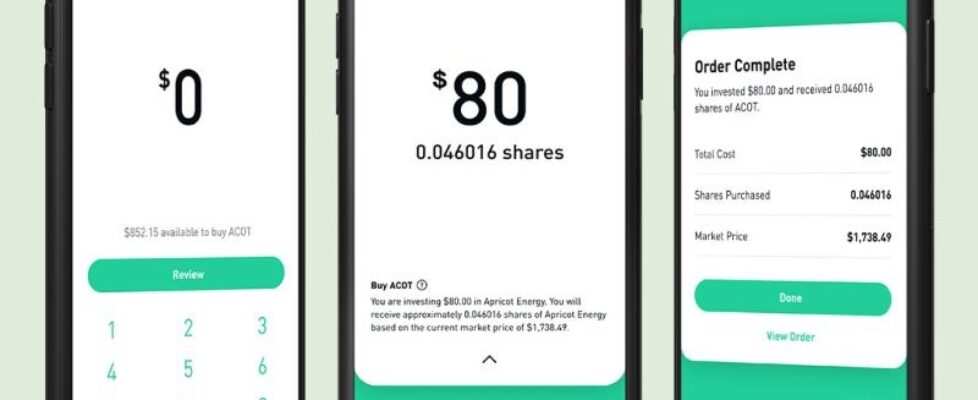Robinhood defends order routing to market makers, suggests decimal pricing
Vlad Tenev, CEO and co-founder of online brokerage firm Robinhood has issued an interesting post about the company’s much-maligned practice of making money by selling its clients’ order flow to market makers (also known as payment-for-order-flow, or PFOF).

According to Mr. Tenev, off-exchange market makers are able to provide Robinhood’s customers price improvement over the National Best Bid and Offer (NBBO) exchange based prices, without charging exchange fees.
The current Sub-Penny Rule (SEC Rule 612) in the US prevents exchanges from quoting equities in increments less than a penny. This limitation can result in an artificially wide NBBO, which is the pricing benchmark used by off-exchange market-makers.
In a nutshell, exchanges cannot fairly compete with off-exchange market makers in executing online broker customer orders. As a first step toward better enabling exchanges to compete fairly, Robinhood, which is busy preparing for its own IPO, proposes amending Rule 612 to allow exchanges to quote prices up to four decimal places for all stocks.
Back in 2005, when Rule 612 was adopted, the consensus was that price increments of $0.0001 were economically insignificant. Supporters of the rule argued that sophisticated investors may use these smaller increments to step ahead of retail investors by trivial amounts. Some also argued that technology hadn’t advanced enough to properly handle an enormous increase in on-exchange quoting.
However, since that time, technology has advanced by leaps and bounds, and commission-free trading has become the industry norm. It is now clear that customers value sub-penny price improvements and no longer consider them economically insignificant, especially in low-priced, high-volume stocks that may only trade with a penny spread.
SEC Chairman Gary Gensler noted in a speech earlier this month that market makers – also known as wholesalers – are able to transact in sub-penny increments. “As a result,” he said, “wholesalers may operate on an unequal playing field when competing for order flow.”
According to Mr. Tenev, if the sub-penny limitation is removed, and exchanges reduce fees for retail orders, we could see a tighter NBBO, even better execution quality for retail investors, more transparency and perhaps more retail order flow executed on lit markets.





